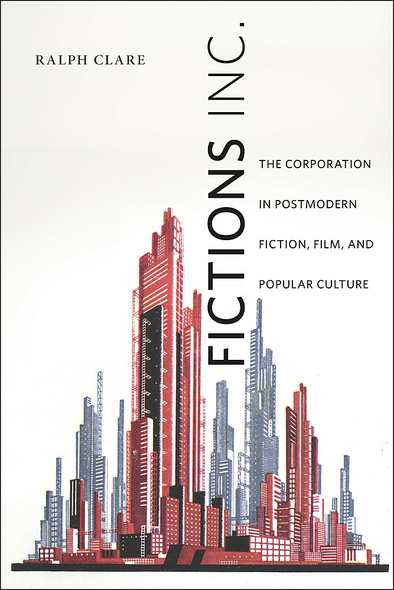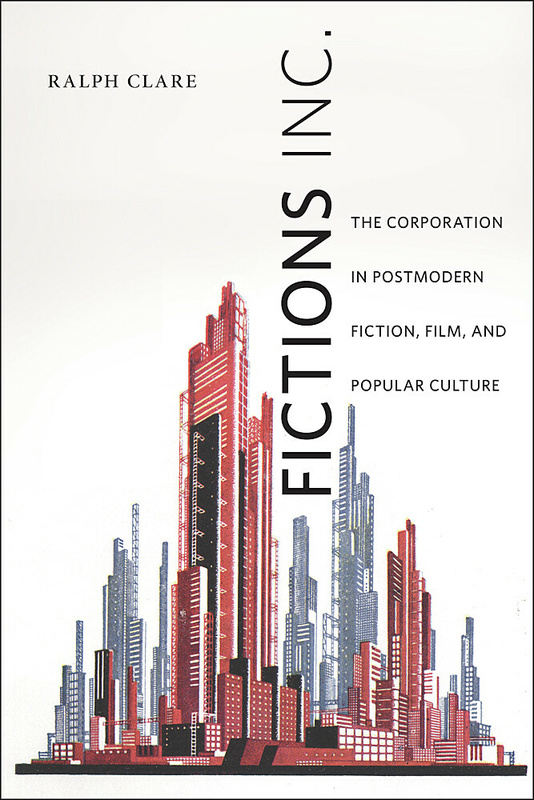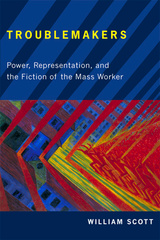
Fictions Inc.
The Corporation in Postmodern Fiction, Film, and Popular Culture
This well-conceived, well-executed, and theoretically informed study is wonderfully original—it will appeal not only to literature scholars but also, I should think, to all interested in economics, sociology, literary theory, and film.'
In the wake of the financial collapse and the Occupy movement, Fictions Inc. anatomizes the corporation’s hostile takeover of American culture and argues for fiction's and film’s ability to resist the current order—and demonstrates criticism’s ability to do the same.
Fictions Inc is highly topical and fills the existing void in literary criticism, namely in the depiction of the corporation ... this well-informed study shows that literature and culture are not only engaged in racial and sexual politics, but also in the examination and critique of late capitalism.
This well-conceived, well-executed, and theoretically informed study is wonderfully original—it will appeal not only to literature scholars but also, I should think, to all interested in economics, sociology, literary theory, and film.'
In the wake of the financial collapse and the Occupy movement, Fictions Inc. anatomizes the corporation’s hostile takeover of American culture and argues for fiction's and film’s ability to resist the current order—and demonstrates criticism’s ability to do the same.
Fictions Inc is highly topical and fills the existing void in literary criticism, namely in the depiction of the corporation ... this well-informed study shows that literature and culture are not only engaged in racial and sexual politics, but also in the examination and critique of late capitalism.
Acknowledgments
Introduction: From Manchuria to Manchuria Inc.
1 California Dreaming: Twentieth-Century Corporate Fictions at the End of the Frontier
2 “Domo Arigato, Mr. Sakamoto, for the New Non-Union Contract!”: (Multi)National Threats and the Decline of the American Auto Industry in Ron Howard’s Gung Ho
3 Good Times, Bad Times . . . You Know I Had My Share(s): The Corporation in Five Popular Films
4 A Capital Death: Medicine, Technology, and the Care of the Self in Don DeLillo’s White Noise
5 Family Incorporated: William Gaddis’s J R and the Embodiment of Capitalism
6 Your Loss Is Their Gain: The Corporate Body and the Corporeal Body in Richard Powers’s Gain
Conclusion: Corporate Hegemony, Cubed
Notes
Works Cited
Index






